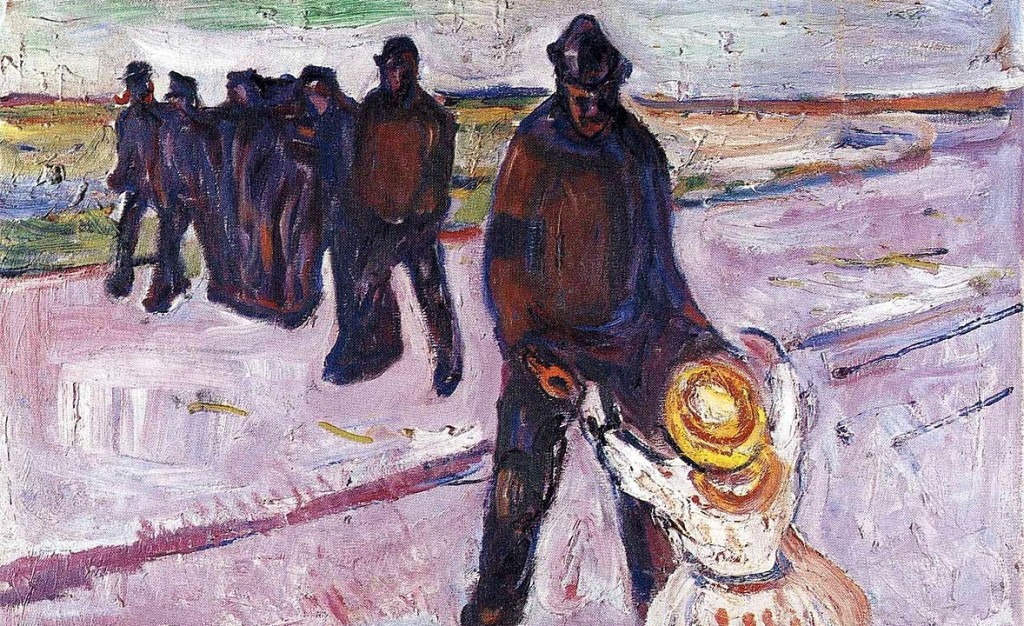The demographic shift, i.e., the transition of the baby boomers to retirement age, is one of the biggest challenges of the future for Europe.
There will be a huge shortage of doctors, nurses, carers and many other professions. Three weeks ago, however, an unexpected historical event occurred. The Russian invasion has already driven over two million people out of Ukraine, and the influx is far from over, with millions more to come. A large number of them are and will be children.
After the pandemic, we have a second global economic catastrophe. In the optimistic scenario, Putin suddenly retires at will and the situation normalizes. In the pessimistic (though not the most pessimistic) scenario, a frozen conflict will arise in Europe for 10-20 years, as in Syria. As the classic says, let us hope for the best but assume the worst.
In the coming months, Ukrainian refugees will properly test our social system, healthcare, and labor market. But thousands of them may not be able to return to their homeland. They will be an infusion of youth for Slovakia and the whole of Europe. With a similar language, culture, religion and education, all previous excuses fall away.
Work must begin as soon as possible to ensure that we do not have a huge group of people who are completely dependent on us. To do this, it is not enough to pat ourselves on the back and give empty speeches, but to take concrete action.
The decentralized response of individuals and non-profits is doing a fantastic job, but it will not change regulatory issues. The public administration needs to prepare multilingual documents as soon as possible, a clear plan to integrate children into schools (the Czechs are already collecting Ukrainian teachers and opening Ukrainian one-room schoolhouses), to refinance health care, to clarify the situation regarding benefits, temporary residences, continuing studies, and many other things.
However, the inclusion of refugees in the labor market is crucial. This is not just a question of work permits, but also of identifying and eliminating bureaucracy. Including, for example, the recognition of qualifications. Here, unfortunately, the (non-)recognition of the qualifications of Ukrainian health professionals is already a legendary example.
I hope that this turns out well and that Ukrainian workers will build our economy for just a few months and then go on to get their country back on its feet. But if history does not allow them to do so, they can be a great and lasting asset to us.
* named after the General Secretary of the Communist Party and later President of the Czechoslovak Socialist Republic in the 1970s.



